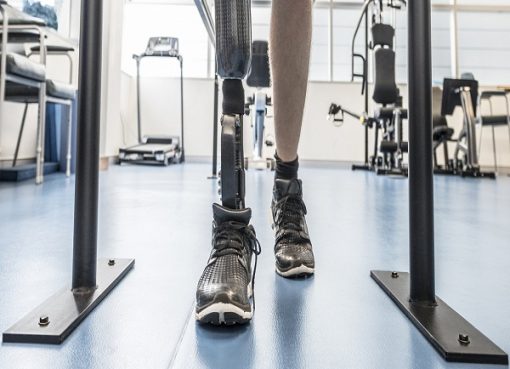This report is on how the EU Solar project is transforming lives in the Borno State. Excerpt.
Lives are being saved, injuries are being treated immediately, babies are being successfully delivered, vaccines are being stored correctly, doctors and nurses can work more productively, clean water now available to thousands of project beneficiaries across nine sites in Borno State.
The communities include Bama and Gwoza General Hospitals, Mainok – Kaga LGA, Auno – Konduga LGA, Gajiganna – Magumeri LGA, Biriyel – Bayo LGA and Dikwa – Dikwa LGA), and the College of Nursing and Midwifery, Maiduguri thanks to the installation of containerized solar micro-grids systems funded by the European Union. The project forms part of the European support in response to recovery, resettlement and resilience in Borno state.
In the past, Bama and Gwoza General Hospitals and the five villages which include Mainok, Auno, Gajiganna, Biryel and Dikwa, faced regular power cuts due to intermittent energy supply from the grid. This posed a great challenge to the doctors and nurses treating patients in hospitals, as well as the inhabitants of the five village clusters.
With the funding support of the European Union in 2018, three different contractors were mobilized (FCDO/AECOM, EM-One Energy Solutions and MTECH Renewables to install nine solar micro-grids across eight sites in the state to improve the quality of life of the good people of the state.
The EU funded solar microgrid systems were designed with community recovery and resilience in mind. The solutions are fully integrated, scalable, and quick to deploy, using tier-1 equipment components from proven technology partners.
The project now completed and fully operational will have its official commissioning which will take place at the College of Nursing and Midwifery, in Maiduguri, Borno state on July, 6 where two of the sites operational since 2020 are located.
Impact
The Head of Section for Economic Cooperation and Energy at the European Union Delegation to Nigeria and ECOWAS (Economic Community of West African States), Inga Stefanowicz remarked: “Funding these projects in Borno State was borne out of the desire to support the state government developmental strides in spite of the enormous security challenges. This will enhance the welfare of thousands of people, support the fight against COVID-19, reduce carbon emissions by replacing diesel with renewable energy, and contribute to the UN Sustainable Development Goal 7 and 13.”
The Hospital Secretary, Borno Health Board in Gwoza General Hospital, Mr Yahaya Ibrahim noted: “The solar system has made a great impact in the hospital; energy is always available; hospital services and the treatment of patients have improved drastically. We are grateful to the European Union for the donation of the system.”
In Bama and Gwoza General Hospitals, the solar power plants generate 444,300 KWh of energy annually, saving 49,761,600 Naira in diesel spend and reduce CO2 emission by 476 tonnes per year. The beneficiary local government areas (LGAs), Bama and Gwoza are two of the largest in Borno – with a combined residential population of over 500,000 and over 200,000 internally displaced persons (IDPs), residing in refugee camps.
One of the trained technicians in Bama General Hospital, Mr Mohammed Ali stated: “We have seen a lot of improvements since the installation of the solar system. This includes increased patient satisfaction of services because of available electricity, increased patronage to the hospital from the community, service provider satisfaction from the health workers and bettered laboratory services. We also recently had a successful surgery conducted in the Hospital, which is a great success as we would normally have had to transfer the patient elsewhere due to lack of electricity.”
The two systems at the College of Nursing and Midwifery, completed under the Solar Nigeria Programme, with the financial assistance of the European Union, generate 577,900 KWh of energy annually, saving 64,724,800 Naira in diesel spend and reduce CO2 emissions by 619 tonnes per year.
The Provost, College of Nursing and Midwifery, Ms Rukaya Shettima Mustapha said: “We are happy to say that 770 students enrolled in 2020, compared to 145 students in the previous year. In addition, for the professional qualification examination for nursing and midwifery, we had a pass rate of 98.2%, as compared to a 50-60% pass rate before the solar system was operational.”
Conclusion
The intervention in the state has continued to help raise awareness of the broader need to expand renewables and serve as a proof of concept to the fact the solar PV does work in Nigeria, particularly in rural communities. To achieve universal electrification in Nigeria, distributed energy systems and digitalization are the way forward to transform the energy value chain, lessons we can learn and apply immediately from the global energy transition.
Through this project, the EU continues to make great progress to support the Nigerian government with systemic and sustainable change in the country. As technology continues to reduce the price of solar, there is hope that microgrids and on-site energy systems play a larger role in achieving universal energy access in Nigeria.
source: vanguard










